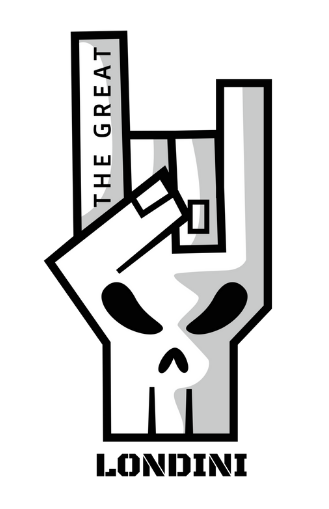Breaking the Silence and Finding Support
June is dedicated to Men’s Mental Health Awareness, a time to shine a spotlight on the unique mental health challenges men face and to encourage open conversations, support, and resources for well-being. Mental health is just as important as physical health — and yet, men often struggle in silence due to stigma, societal expectations, or lack of awareness.
Why Focus on Men’s Mental Health?
Men experience mental health issues just as often as anyone else, but statistics show that they are less likely to seek help. This can lead to higher rates of depression, anxiety, substance abuse, and tragically, suicide. In fact, men die by suicide at a rate about four times higher than women in many countries.
This month is about changing that narrative — encouraging men to speak up, reach out, and know they are not alone.
Common Challenges Men Face
Stigma Around Vulnerability: Many men feel pressure to “be strong” and may see asking for help as a sign of weakness.
Work and Life Stress: Balancing careers, family responsibilities, and personal goals can create intense pressure.
Isolation: Some men may struggle to build close emotional connections or express feelings openly.
Mental Health Symptoms: Depression, anxiety, anger, and substance use can sometimes go unrecognized or untreated.
How to Get Help: Practical Steps
If you or someone you love is struggling, here are ways to take the first step toward support:
Talk to Someone You Trust: Opening up to a friend, family member, or partner can be powerful.
Seek Professional Help: Therapists, counselors, and doctors are trained to support mental health. Many offer telehealth options if in-person visits aren’t possible.
Use Helplines and Support Groups: Confidential hotlines and online groups provide immediate help and connection.
Adopt Healthy Habits: Regular exercise, good sleep, balanced nutrition, and mindfulness can improve mood and resilience.
Educate Yourself: Learn about mental health symptoms and treatment options to better understand what’s happening.
Don’t Wait: Early intervention can make a big difference in recovery and overall well-being.
Resources to Know
National Suicide Prevention Lifeline: 988 (US) — Free, confidential support 24/7
Men’s Health Network: Offers resources focused on men’s well-being
Mental Health America: Information and tools for mental health support
Local Community Services: Many communities have mental health centers offering counseling and support groups
Final Thought
Men’s Mental Health Awareness Month is a reminder that seeking help is a sign of strength, not weakness. Talking openly, learning more, and supporting each other can save lives and create healthier communities.
If you’re reading this and feeling unsure, know this — you don’t have to face it alone. Reach out, take that first step, and remember: help is available, hope is real, and healing is possible.

